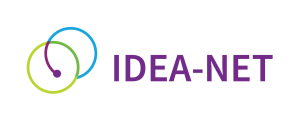METU – Middle East Technical University – Ankara, Turkey
In the last two years the office has carried out the following activities with regard to equal access/inclusion/diversity:
- Support and counselling for students and university staff,
- Lectures, workshops, seminars for students, faculty and non-teaching staff,
- Improving physical accessibility,
- Improving digital accessibility
In the context of implemented programs and activities, its management team believes that providing specific accommodations based on students’ health condition and diagnosis had the most significant impact. Namely, the difficulties students with disabilities face regarding the accommodation create an extra burden on top of their already existing academic responsibilities. Therefore, accommodations have the greatest impact since they alleviate or eliminate this extra burden.
One of the new useful mechanisms implemented through this program is accessible vehicles for wheelchair users and visually impaired or blind students. Transportation of wheelchair users and visually impaired or blind students is extremely important for these young people to get involved in life and come together with their peers.
IDEA-net: Expanding the network of Inclusion, Diversity, Equity and Access (IDEA) practitioners in higher education through institutional capacity building
Project ref: 2022-1-NL01-KA220-HED-000089789

This project has been funded with support from the European Commission. This website reflects the views only of the authors, and the Commission cannot be held responsible for any use which may be made of the information contained therein.

